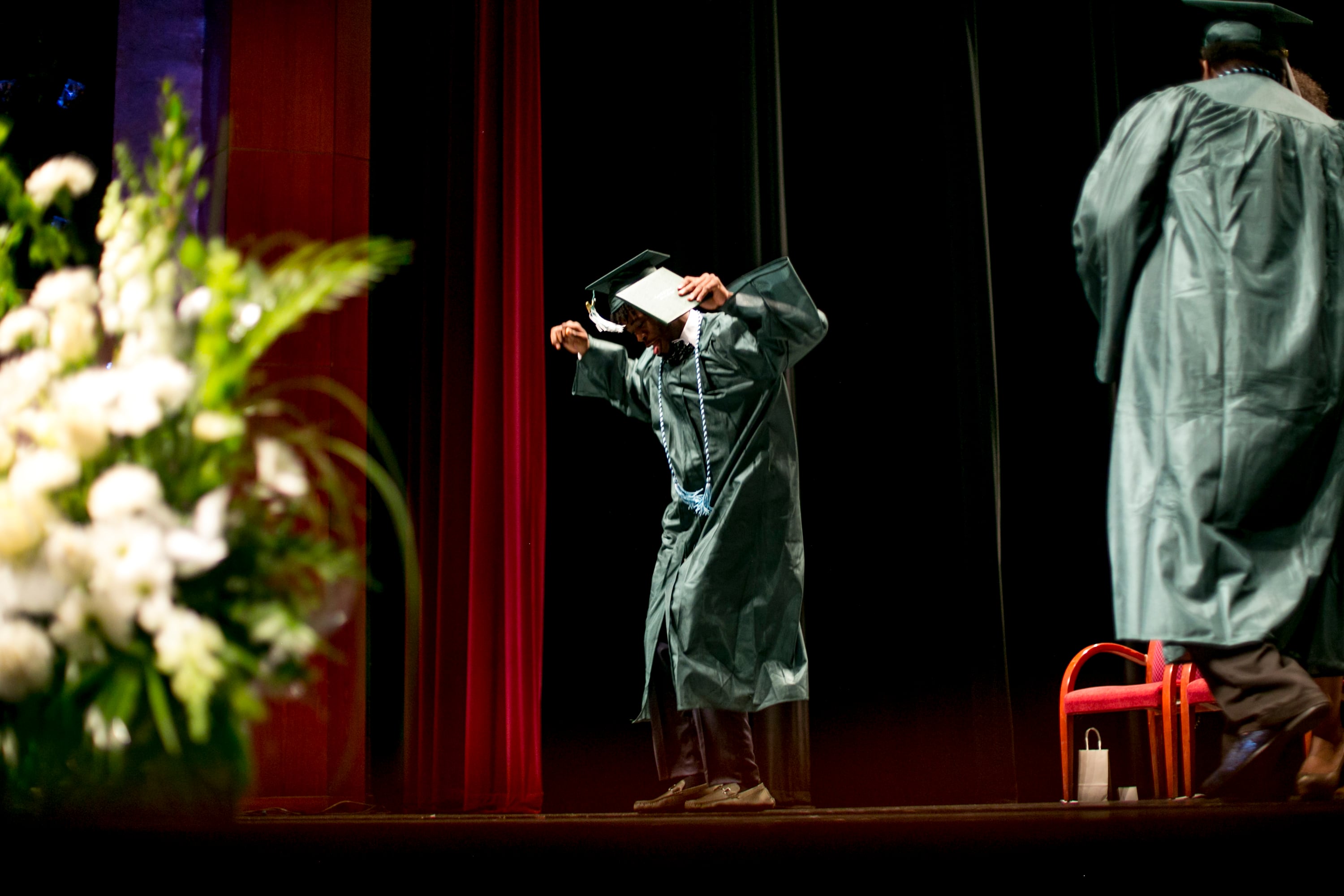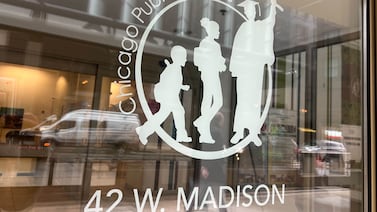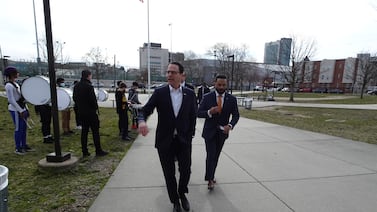Michigan’s four-year high school graduation rate rebounded slightly last year after a pandemic-related decline, and the Detroit district recorded a big gain.
But that progress was tempered by an increase in the state’s dropout rate, which had declined the previous two years.
The state posted new graduation and dropout rates for the Class of 2022 on Friday morning.
The graduation rate was 81.01%, a small increase from 80.47% for the Class of 2021. That’s still below the pre-pandemic rate of 81.41% in 2019.
The dropout rate for the Class of 2022 was 8.19%, up from 7.65% the year before. In 2019, it was 8.36%.
“Improving graduation rates, a return to pre-COVID rates in many cases, are positive signs that our schools are beginning to emerge from the adverse impacts of the pandemic,” said State Superintendent Michael Rice in a statement.
Rice noted that graduation rates for Black students rose more than any other racial/ethnic group, increasing 2.53 percentage points to the pre-pandemic level of 70.13%. Gaps remain between graduation rates for Black and hispanic students and students in other racial groups.
Michigan has seen a decade of mostly steady progress in its graduation rates — the four-year rate in 2012 was 74%. In 2020-21, the first full year of instruction after the start of the pandemic, the state lost ground for the first time in five years.
“We still have a long way to go to get kids back to where we need them to be following the most significant disruption to education that we’ve ever seen,” said Robert McCann, executive director of the K-12 Alliance of Michigan, which represents 123 school districts.
The four-year graduation rate represents the portion of students who entered high school in 2018 and graduated in 2022. The state also calculates five- and six-year rates, recognizing that some students need more time to graduate. Dropouts are students who leave school permanently at any time in high school.
Michigan’s long-term gains in the graduation rate track with substantial improvements nationwide, a widely celebrated — and debated — trend of the last two decades.
The Detroit Public Schools Community District, for the first time in six years, saw a substantial increase. The district’s four-year graduation rate rose nearly seven percentage points to 71.1% in 2021-22, from 64.5% in 2020-21.
“The increase is certainly a reflection of the District’s improvement in data systems, early warning indicators, and monitoring of graduating cohorts by central office leaders, principals, and school based teams,” Superintendent Nikolai Vitti said in an email Friday afternoon. “It is also a result of our course recovery efforts.”
DPSCD graduation rates had been declining since the 2015-16 school year. Vitti has attributed that decline in part to some of the city’s lowest-performing schools being reincorporated into the district in 2017, and more recently, the pandemic’s impact on student attendance.
Vitti last year described graduation data from 2020-21 as a baseline for the district moving forward, with an emphasis on providing course recovery as part of its efforts to get more students on track for graduation.
Koby Levin is a reporter for Chalkbeat Detroit covering K-12 schools and early childhood education. Contact Koby at klevin@chalkbeat.org.
Ethan Bakuli is a reporter for Chalkbeat Detroit covering Detroit Public Schools Community District. Contact Ethan at ebakuli@chalkbeat.org.







